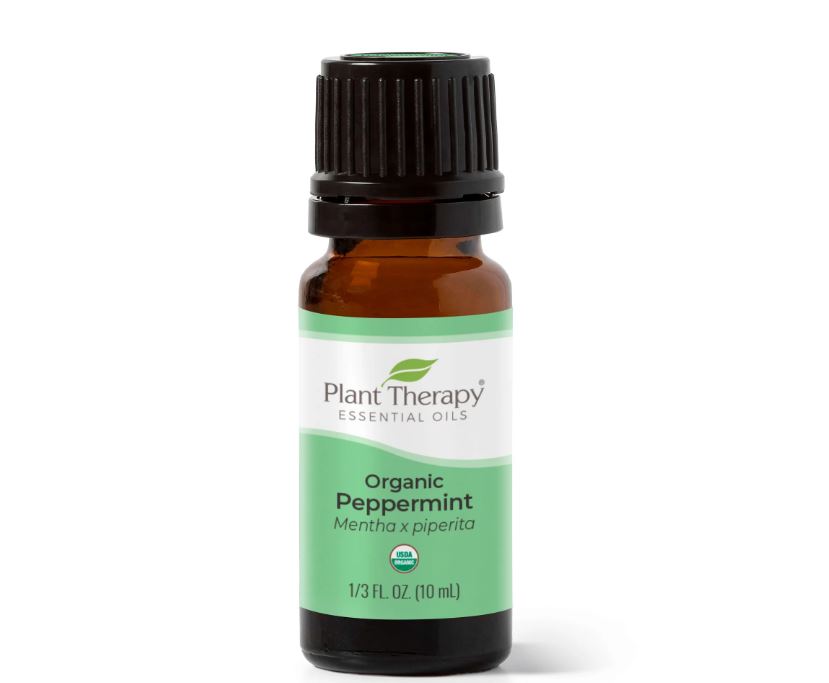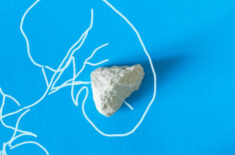Overview
Plantar fasciitis is caused by inflammation of a band tissues (aka plantar fascia ligaments) that connect your heel to your toes.
It’s one of the most common causes of heel pain.
Possible treatment options include:
- Rest
- Ice
- Massage the affected area
- Essential oils and aromatherapy
- Steroid injections
- Medications for pain and inflammation
- Physical therapy
- Orthotics that provide arch support
- Night splints to support the heel while you sleep
- Lose weight
- Get a TENS machine (transcutaneous electrical nerve stimulation)
- Surgery
Essential Oils As Natural Remedies & Pain Relievers
Essential oils (EOs) are highly concentrated plant extracts containing active chemicals that support the body’s healing mechanisms.
EOs contain strong anti-inflammatory properties and can also relieve pain without the potentially harmful side effects of pain meds.
EOs can help boost the immune system and promote healthy blood circulation.
This makes them an excellent first choice for muscle pain, foot pain, and back pain too.
The Best Essential Oils For Plantar Fasciitis Pain Relief
Peppermint essential oil serves as both a pain reliever and a mild anesthetic. It’s also anti-inflammatory, antiseptic, and can prevent or lessen cramps and spasms.
Tea tree is a pain reliever, anti-inflammatory, antibacterial, and a strong antiseptic. It’s also a powerful antifungal that’s known to treat athlete’s foot.
Lavender essential oil is a pain reliever, anti-inflammatory, antibacterial, antiseptic, and can prevent or lessen cramps and spasms.
Ginger is also a powerful antioxidant and anti-inflammatory agent. It’s also a pain reliever, antiseptic, and can prevent or lessen cramps and spasms.
Rosemary essential oil a pain reliever, antioxidant, antiseptic, and can prevent or lessen cramps and spasms.
Frankincense essential oil boost the immune system and is antibacterial, anti-inflammatory, antioxidant, antiseptic, and can prevent or lessen cramps and spasms.
Eucalyptus essential oil is a powerful pain reliever and anti-inflammatory. It’s also antibacterial, antiseptic, and can prevent or lessen cramps and spasms.
Other possibly helpful EOs:
- Lemon oil
- Chamomile oil
- Marjoram oil
- Lemongrass oil
- Bergamot oil
- Geranium oil
- Helichrysum oil
- Wintergreen oil
- Basil essential oil
Safety Concerns
When used safely and adequately, EOs usually offer little to no side effects.
When used topically, EOs must always be diluted in a carrier oil to prevent skin irritation and reactions.
Perform a patch test on a non-affected area of the skin and wait 24 hours to confirm that there is no allergic reaction.
If you experience any adverse reaction to any oil, discontinue use immediately and consult your healthcare provider.
Be aware of the contraindications for each oil you use as some EOs aren’t suitable for children or pregnant or nursing women.
Always choose high-quality, certified organic and therapeutic grade products to avoid diluted batches and the addition of potentially harmful chemicals.
How To Use Essential Oils For Plantar Fasciitis
Dilute your EOs in a carrier oil like coconut oil or jojoba oil.
Stick to 2-3 drops of essential oil per teaspoon of carrier oil.
You can use it as a massage oil and gently rub the affected area.
You can also add EOs and Epsom salts in warm water for a therapeutic foot soak.
You can mix oils together to create your own DIY essential oil blends as this can amplify the effects.
DIY Pain Rx Foot Soak
The following oils can help to relieve pain, soreness, and inflammation.
For best results do daily soaks, especially when you’re experiencing a flare-up or increased foot pain.
Fill your tub with warm or hot water – this way you can soak your entire body, not just your feet.
Mix 1 cup of Epsom salts with:
- ¼ cup baking soda
- 7 drops peppermint oil
- 7 drops eucalyptus oil
- 7 drops rosemary oil
- 7 drops frankincense oil
Soak your feet for at least 20 minutes a day.



















